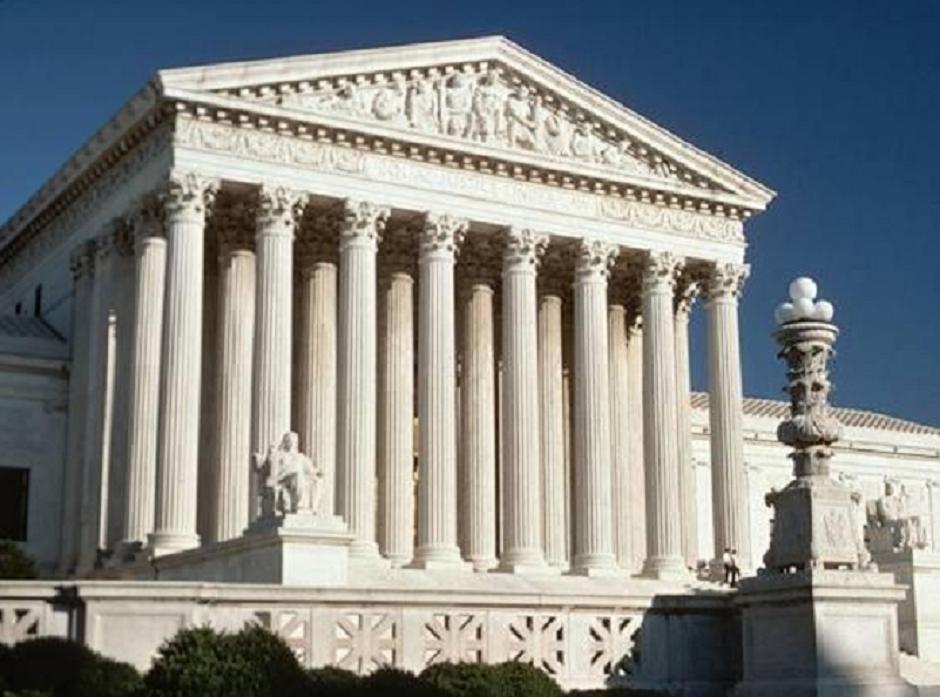No Harm, No Foul — But How Do You Know If There Was Harm?
 Yesterday, the U.S. Supreme Court agreed to hear a case that gives the Court an opportunity to clarify a longstanding ambiguity in harmless error law. Even if a defendant’s procedural rights have been violated at trial, a conviction will not be reversed on appeal if the error was harmless. However, the Court has at different times articulated the harmless error standard in two different ways, without ever clearly indicating whether the two formulations are substantively different and, if so, which one is preferred.
Yesterday, the U.S. Supreme Court agreed to hear a case that gives the Court an opportunity to clarify a longstanding ambiguity in harmless error law. Even if a defendant’s procedural rights have been violated at trial, a conviction will not be reversed on appeal if the error was harmless. However, the Court has at different times articulated the harmless error standard in two different ways, without ever clearly indicating whether the two formulations are substantively different and, if so, which one is preferred.
In the new case, Vasquez v. United States (No. 11-199), the defendant’s cert. petition focused squarely on this ambiguity, arguing that the majority opinion below (635 F.3d 889 (7th Cir. 2011)) rested on one formulation, while the dissenting opinion rested on the other. In Vasquez’s view, the choice of harmless error standard is more-or-less dispositive in his case, thus making the case an appropriate platform for deciding which standard is the right one. In its response, however, the government disputes that there is any substantive difference between the standards.
Here are the (allegedly) competing standards.
